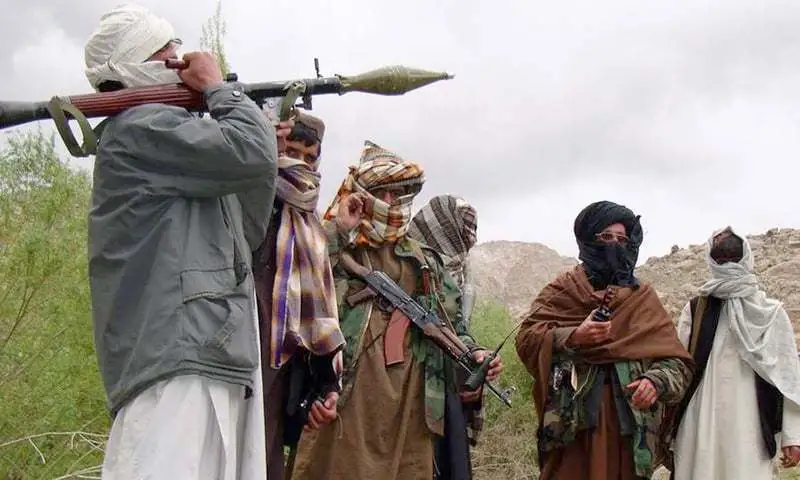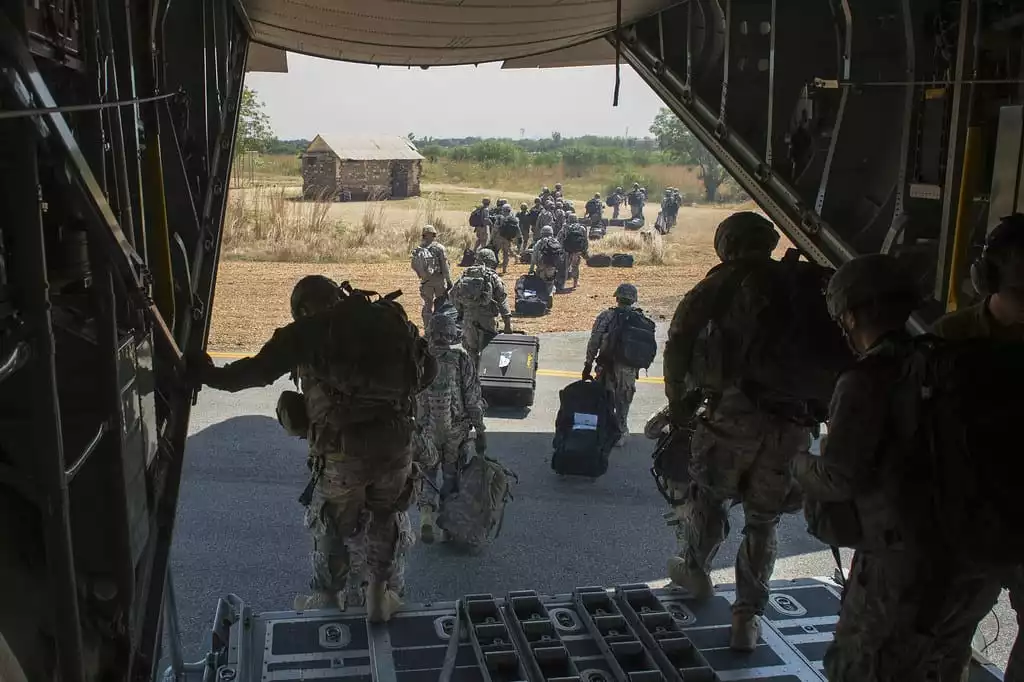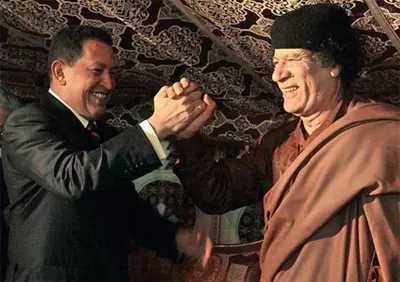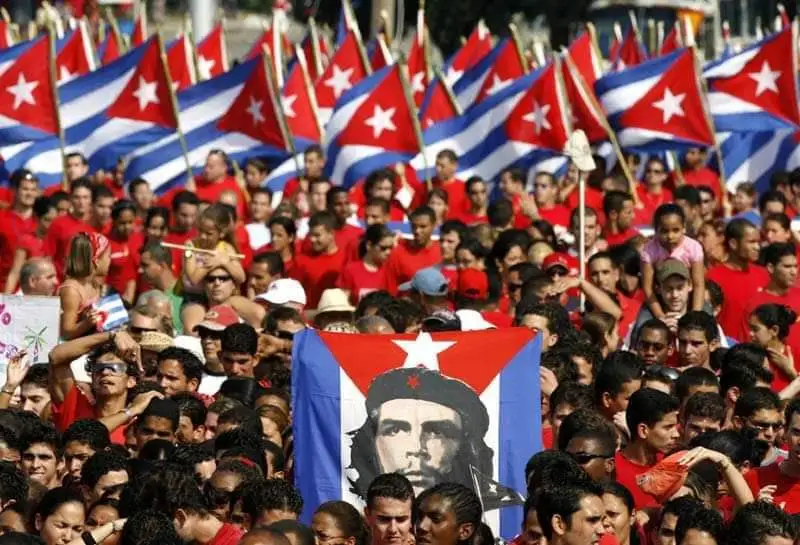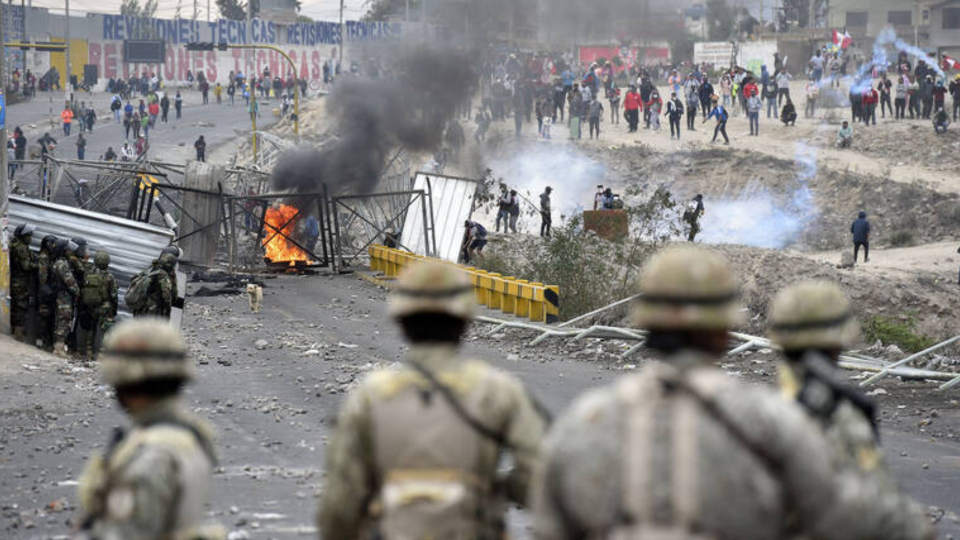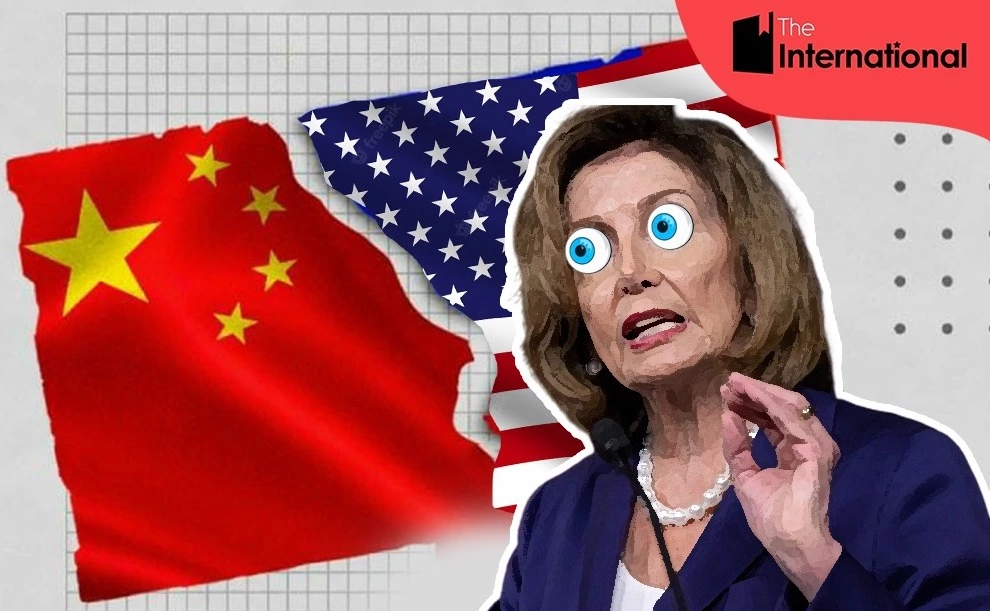On August 15, 2021, Afghan President Mohammad Ashraf Ghani left the country with four cars and a chopper full of cash as the Taliban made their way into Kabul amidst the withdrawal of US forces from the country. Even as Ghani was busy glorifying his ignoble departure - deeming it necessary to avoid a “big human disaster” - Taliban’s spokesman Mohammad Naeem proclaimed: “The war is over in Afghanistan”.
Thousands of Afghans rushed to the airport, trying to flee the country as they feared the Taliban’s extremist rule. More than five people have died in the rush to catch an evacuation flight; others are falling to their death from planes taking off. Who is responsible for this state of tragedy?

Geopolitical Games
Beginning from July 1979, Washington financed and armed extremist Islamic forces to invade and destroy the secular, modernizing, Soviet-backed regime in Afghanistan, with logistical support from the Pakistan military and intelligence agencies and financial backing from Saudi Arabia.
The strongest of these reactionary mujahedeen groups were called the Taliban. It was they who claimed victory in 1996. Zbigniew Brzezinski - Jimmy Carter’s National Security Advisor and the mastermind of the jihadist strategy - remained unmoved.
When asked if he had any regrets about supporting Islamic fundamentalism, Brzezinski - with more than a hint of annoyance - said: “What is more important in world history? The Taliban or the collapse of the Soviet empire? Some agitated Moslems or the liberation of Central Europe and the end of the cold war?” In other words, ordinary Afghans had to be sacrificed at the altar of the USA’s geopolitical ambitions.
USA’s support for jihadist forces produced a blowback. In his book The United States of War, David Vine writes:
“CIA backing helped fuel the rise of Islamist rebels pledging allegiance to the son of a Saudi construction magnate with Yemeni roots. That Saudi magnate, ironically enough, helped build the U.S. base in Dhahran at the end of World War II; his construction equipment later helped build some of the mujahideen’s fortified cave complexes in Afghanistan…The irony deepens: the name of the construction firm is Bin Laden. The name of the son is Osama. The name of his soon-to-be global rebel group, al-Qaeda - the base.”
In response to the 9/11 attacks, the American empire - instead of setting up an international tribunal and seeking the arrest of the perpetrators - invaded and occupied Afghanistan. The war lasted a few days, and the Taliban barely resisted. In December 2001, while the initial invasion was still underway, the US staged a farcical conference in Bonn, Germany.
Initially, the George W. Bush Administration attempted to impose the exiled king Zahir Shah, an 87-year-old exiled in Italy since the early 1970s, on the Afghans as a constitutional monarch. Then he was pushed out of the way to make room for Hamid Karzai - a former consultant to the American oil giant Unocal.
Karzai’s regime existed in a hubristic vacuum, lacking even a degree of the narrow but dedicated base the Taliban had enjoyed. From Kabul, it directed a sleazy project of self-enrichment. Corruption was routinized, aid diverted, and narcotics - curbed by the Taliban - set free.

The new administrative elite freely accumulated wealth: over 75% of the funds from donor countries were handed directly to Karzai’s governmental chums and the Northern Alliance. New 5-star hotels and shopping malls were built to hide large oases of poverty. The torture continued apace; Bagram became a symbol of barbarity, outstripping Guantánamo. Opium production skyrocketed to over 90% above its levels in 2001.
The invasion and occupation that overthrew the Taliban inflicted severe wounds on an already bleeding country. The indiscriminate bombing left roads destroyed, bridges ruined, and the land strewn with unexploded munitions, making Afghanistan the country with the most landmines per square mile. The permanent war went hand in hand with unemployment and immiseration.
Poor families in Afghanistan were unable to feed and educate their children, sending them to Pakistani religious schools (madrasas). These children, numbering in the tens of thousands, were ideologically indoctrinated by extremists. In the end, the Taliban used them as cannon fodder against the Kabul government.
In a nutshell, the installation of a pro-imperialist arrangement in Kabul - completely detached from the real interests of the masses - lent legitimacy to the guerilla warfare of Islamic insurgents, allowing them to gain the assistance of local populations.
Alternative Possibilities
In a foreword to a book published in 2021, Lakhdar Brahimi - former Special Representative of the United Nations Secretary-General for Afghanistan - writes:
“To those who said that it could be very constructive to seek the Taliban out, both the new leadership in Afghanistan as well as the foreign powers represented in the country were unanimous: the Taliban are gone; they have been defeated; they do not exist anymore. And that was that. I was told not long ago that Taliban leaders were open to and made peace overtures to the new Afghan government of President Hamid Karzai, although it is unclear if the efforts were pursued seriously and through trusted sources. It is clear though that the new Afghan government and its major international allies didn’t prioritize peace with the Taliban at the beginning. Be that as it may, we know today that those who, in the early days of the implementation of the Bonn Agreement said the Taliban were not going to disappear and suggested - too timidly perhaps - to seek them out should have been heard. Perhaps the agreement’s implementation could have been better - it had mechanisms to make the government more inclusive.”
Thus, the imperialist countries ignored the need for a comprehensive internal power-sharing arrangement, choosing to unleash a war of revenge against the Taliban. The Afghan strategy could also have benefitted from a wide-ranging external alliance. The US wanted the Afghanistan operation to be a shared endeavour between the Group of Seven (G7) and the North Atlantic Treaty Organization (NATO), with the Pakistanis and the Central Asians acting as launch pads for military interventions.

While the NATO would supply arms, the G7 would provide financial support. This framework deliberately excluded the regional powers. Through the Shanghai Cooperation Organisation (SCO), China, Russia, and the Central Asian states had already been engaged in a campaign against the Taliban. The American administration thumbed its nose at the SCO and adopted the G7-NATO plan. Looking at the present-day situation, one can say that these imperialist manoeuvres have been destructive.
Yanis Iqbal is an independent researcher and freelance writer based in Aligarh, India and can be contacted at yanisiqbal@gmail.com
